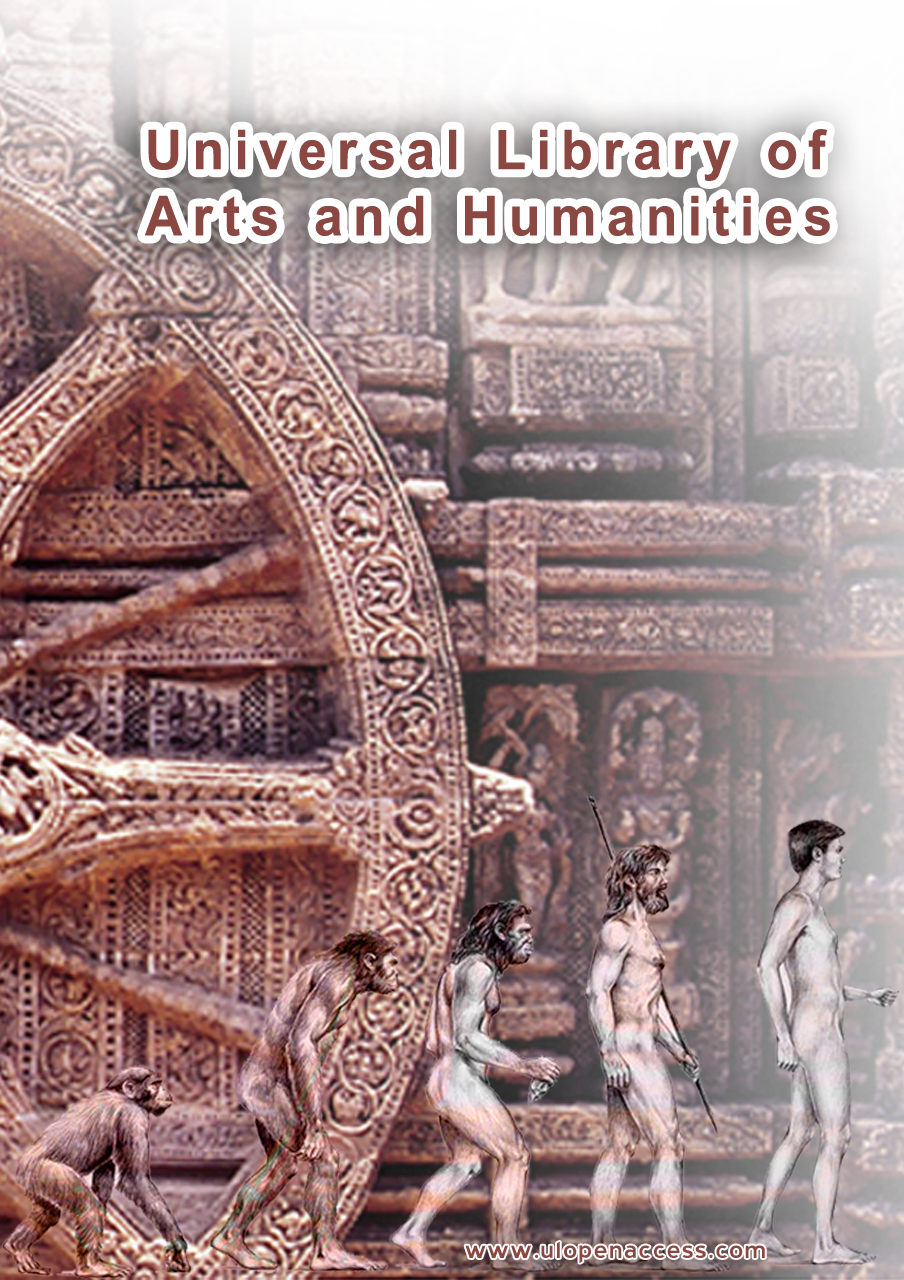Self-Realisation at the Risk of Tranquillity in a Carceral Social Environment: A Critique of ARABY by James JoyceDr. EA Gamini Fonseka Citation: Dr. EA Gamini Fonseka, "Self-Realisation at the Risk of Tranquillity in a Carceral Social Environment: A Critique of ARABY by James Joyce", Universal Library of Arts and Humanities, Volume 01, Issue 02. Copyright: This is an open access article distributed under the Creative Commons Attribution License, which permits unrestricted use, distribution, and reproduction in any medium, provided the original work is properly cited. AbstractJames Joyce’s collection of short stories under the title Dubliners is a landmark contribution to Irish literature that reveals the frustration of the Irish people of his time. While many of the short stories there deal with men and women, old and young, “Araby” specifically concentrates on a juvenile. The carceral social atmosphere prevailing in the environment limits his space to the nearest possibilities of pleasure and drives him in a direction determined by his libidinal energy. Unfortunately, a young woman much older than him becomes the centre of his interest and later the target of his love. Urged by his desire for the woman’s company, he makes a trip to an oriental bazaar amidst so much chaos to purchase a token of love for his dream sweetheart. His escapade from the beginning to the end of his trip is full of discouraging incidents, but he finds his way to the stalls. Ultimately, he gets alarmed and frightened before a police interrogation that goes on at a stall. The dormant carcerality engineered by a panopticon in the vicinity of his house shows its true nature at the bazaar. That puts an end to the project he has embarked on in his mission to win the young woman’s love. Covering the entire scenario, the paper treats the story as a report on juvenile delinquency in a carceral environment. Keywords: Adolescence, Carcerality, Suppression, Panopticon, Frustration, Voyeurism, Romance, Disillusionment, Juvenile Delinquency, Love Download |
|---|

